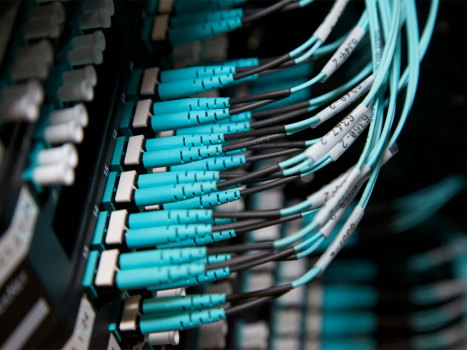In today's digital world, companies are under pressure to be more transparent with their customers. This is especially true for supply chains, where customers want to know where their products are coming from and how they’re being made.
Ethical compliance is one area that customers are putting under the magnifying glass. In Xinjiang, for example, the Chinese government is using a massive surveillance program to track the movements of the Uyghur Muslims, detaining more than one million people in forced labor camps, according to reports by the State Department and Department of Labor, as well as independent media outlets and the United Nations. As a result, U.S. companies that source products from Xinjiang are finding themselves under increased scrutiny.
Customers understandably want to know their products aren’t being made in factories where human rights are being violated or lives are at risk. But companies often don't have the information needed to provide this level of transparency.
One way to address the problem of human rights violations within the supply chain is through the use of blockchain technology. Blockchain is a distributed ledger that allows for the secure and transparent sharing of data among multiple parties. Here are some promising applications of blockchain technology in the supply chain.
Digital ID. Blockchain can be used to create a "digital passport" for products, including information on where and how they were made. This tracing function can give customers assurance that they’re buying products from companies that share their values and are operating ethically. It can also help companies become more transparent, building trust with their customers.
Continue reading: https://www.supplychainbrain.com/blogs/1-think-tank/post/35072-how-blockchain-can-bring-transparency-and-privacy-to-the-supply-chain
Ethical compliance is one area that customers are putting under the magnifying glass. In Xinjiang, for example, the Chinese government is using a massive surveillance program to track the movements of the Uyghur Muslims, detaining more than one million people in forced labor camps, according to reports by the State Department and Department of Labor, as well as independent media outlets and the United Nations. As a result, U.S. companies that source products from Xinjiang are finding themselves under increased scrutiny.
Customers understandably want to know their products aren’t being made in factories where human rights are being violated or lives are at risk. But companies often don't have the information needed to provide this level of transparency.
One way to address the problem of human rights violations within the supply chain is through the use of blockchain technology. Blockchain is a distributed ledger that allows for the secure and transparent sharing of data among multiple parties. Here are some promising applications of blockchain technology in the supply chain.
Digital ID. Blockchain can be used to create a "digital passport" for products, including information on where and how they were made. This tracing function can give customers assurance that they’re buying products from companies that share their values and are operating ethically. It can also help companies become more transparent, building trust with their customers.
Continue reading: https://www.supplychainbrain.com/blogs/1-think-tank/post/35072-how-blockchain-can-bring-transparency-and-privacy-to-the-supply-chain

